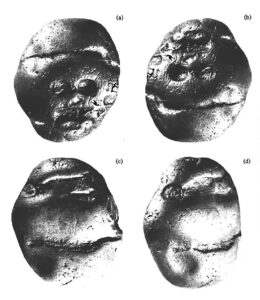The study, by the University of Waterloo in Canada, looked at the psychology behind sex and ageing.
It took into account how often people had sex and their overall interest in getting between the sheets.
1170 men and women from their mid-40s to their mid-70s were surveyed on their attitudes about ageing and the type of sex they were having.
Researcher Amy Estill says there were lots of different factors, both psychosocial and biological, that influenced a person’s sexuality.
“While feeling younger didn’t have an impact on how much sex people were having, it was quite clear that feeling older does impact the quality of the sex you’re having,” she says.
They say life begins at 40, and they may be right. Earlier studies show that, after this birthday, people typically feel about 20% younger than their actual age.
The study showed that people who feel younger than they actually are tend to live longer. They also feel more sexually attractive than those who feel their age.
Testing times
Three variables were used to assess the sexuality of participants: frequency of sex, quality of sex and interest in sex.
Data on participants’ gender, sexual orientation, marital status and race, among other things, was also collected. Researchers also considered participants’ self-rated health, which they gave a score of 1 (poor) to 5 (excellent), and their number of chronic health conditions.
Of the group surveyed, 73% were married, 92% were heterosexual and 92% were white.
It’s all about attitude
All in all, the study found that feeling younger than you are is a good thing when it comes to your sex life. So is being positive about ageing in general. This means you are more likely to have better-quality sex when you get older.
“What was clear from the data is that feeling younger had a huge impact on how people felt about the quality of their sex life and how interested they were in having sex,” researcher Steven Mock, also Associate Professor in Recreation and Leisure Studies at Waterloo, says.
“For people in mid to later life, feeling young at heart actually appears to make a difference in the bedroom.”
The full study can be found in the Journal of Sex Research.









